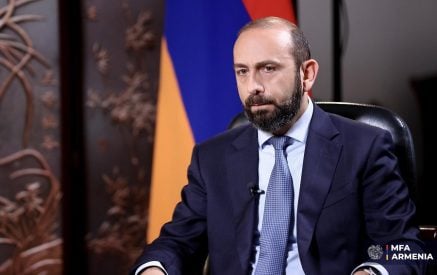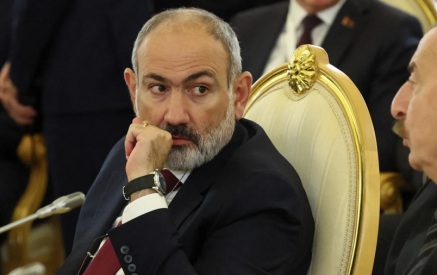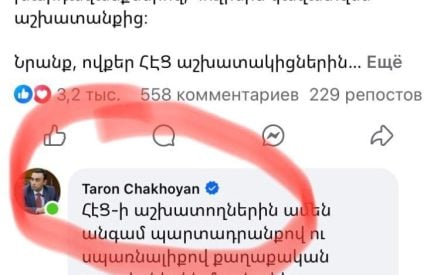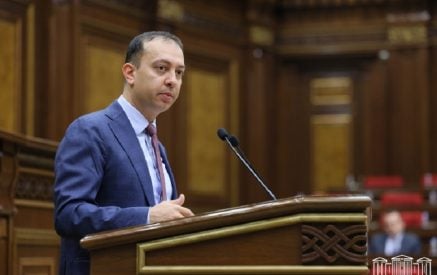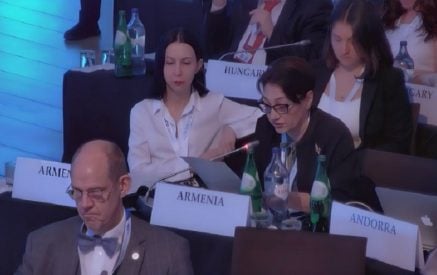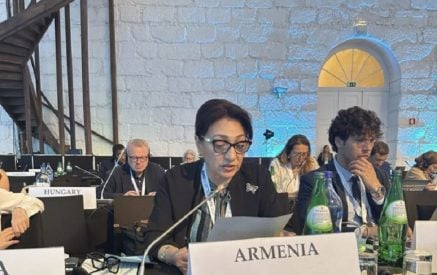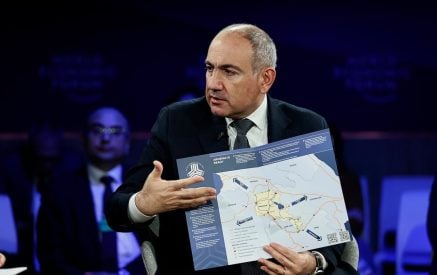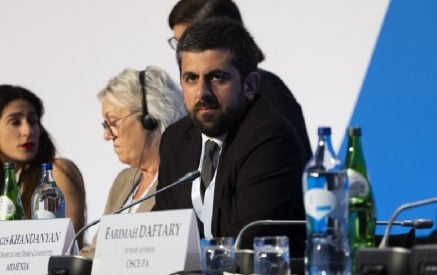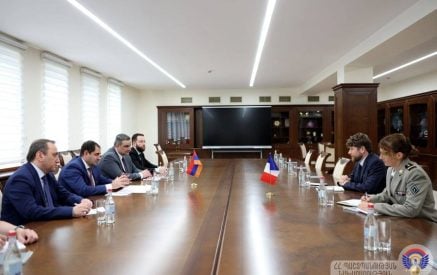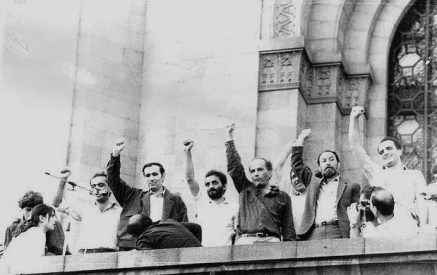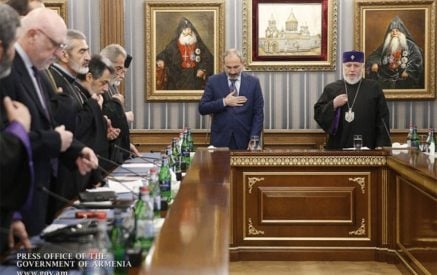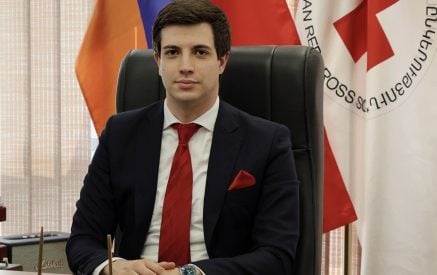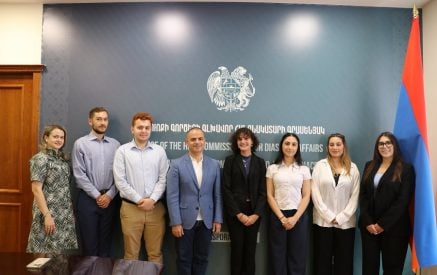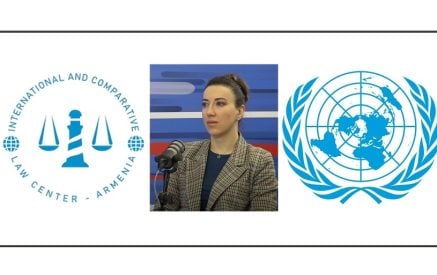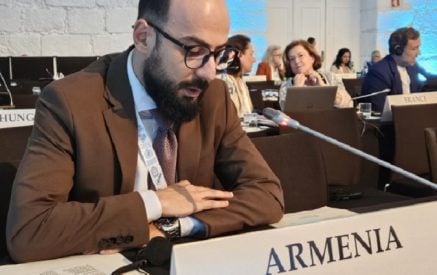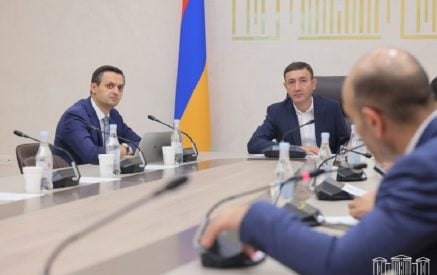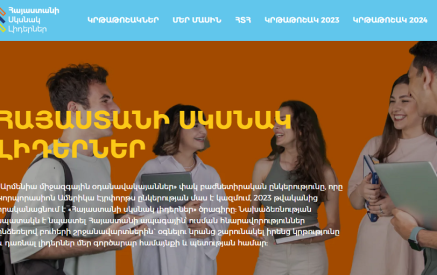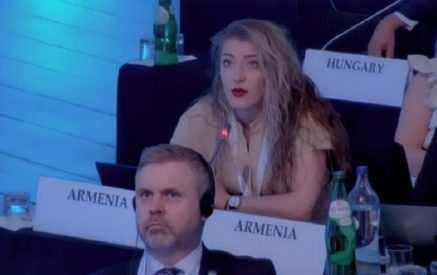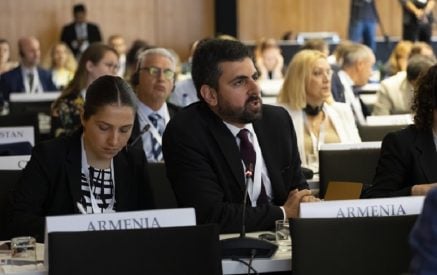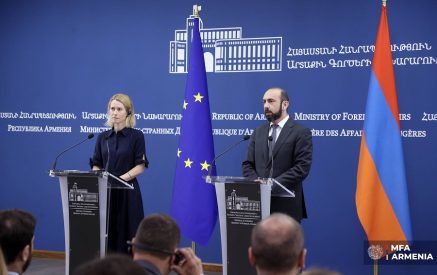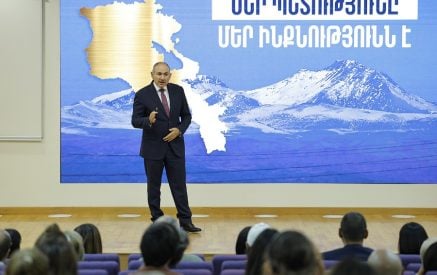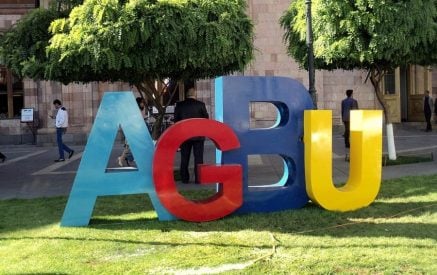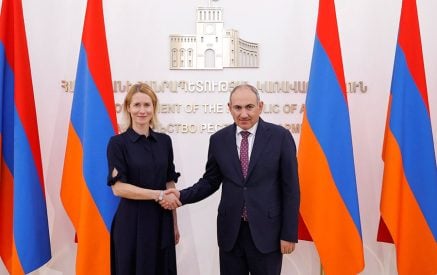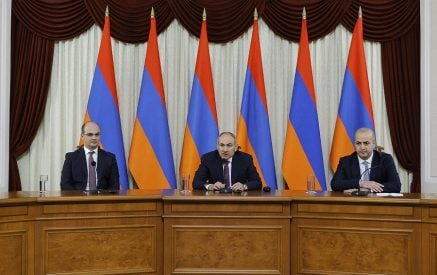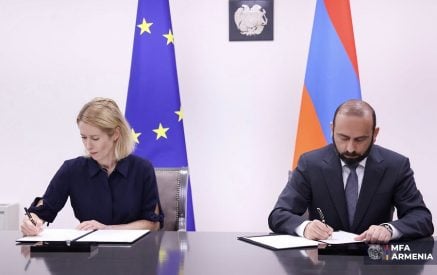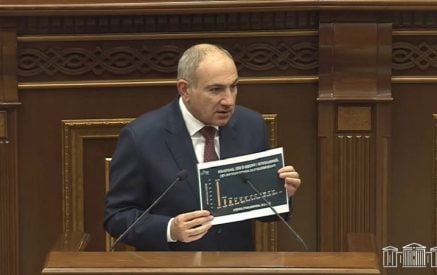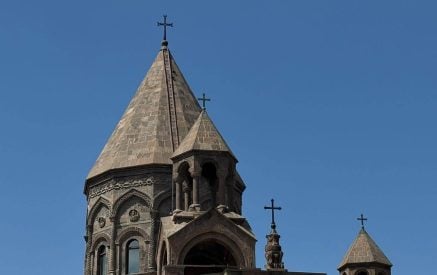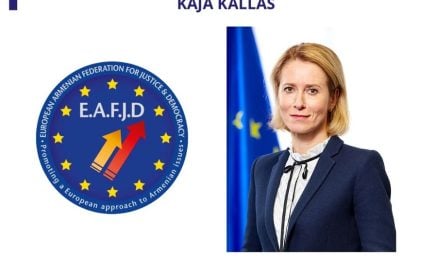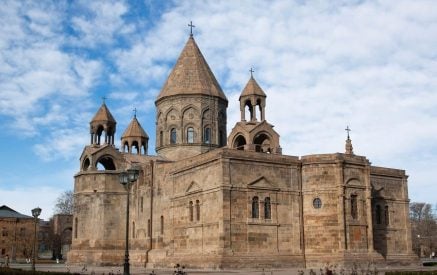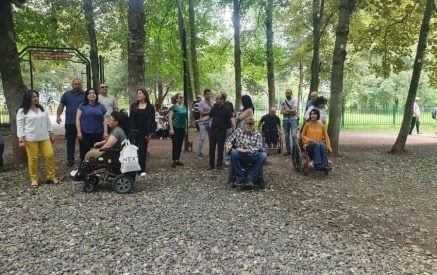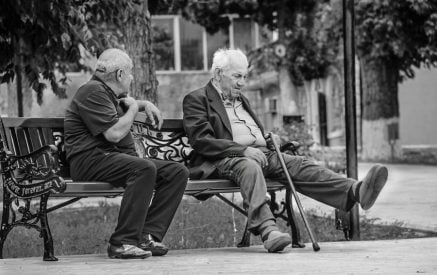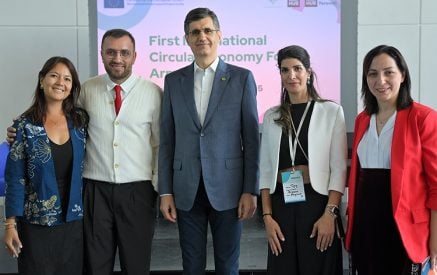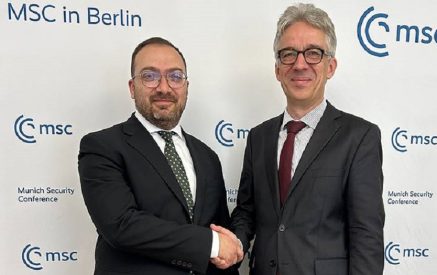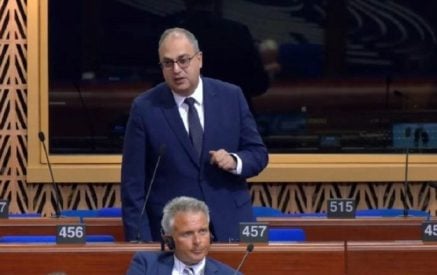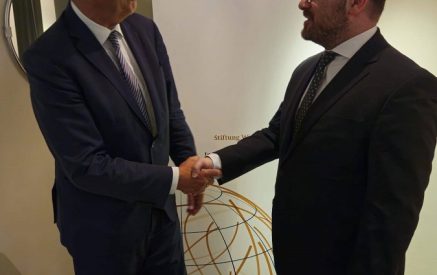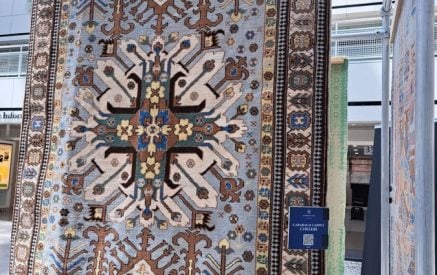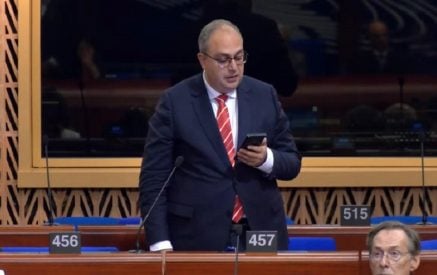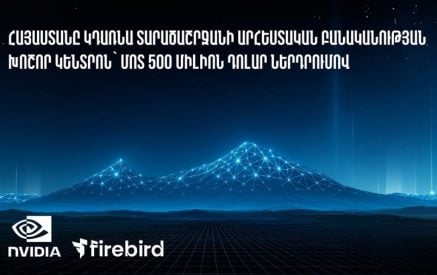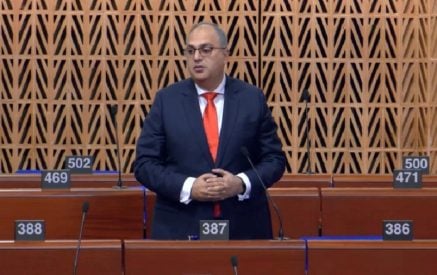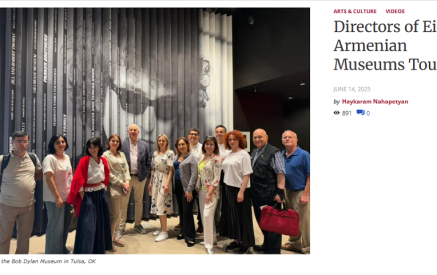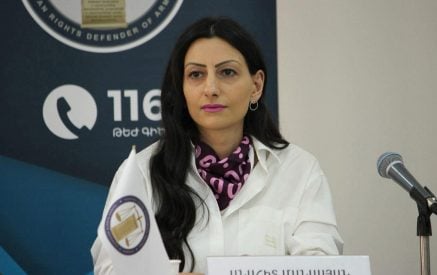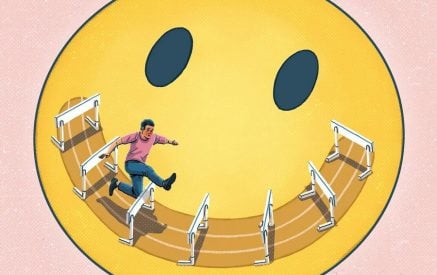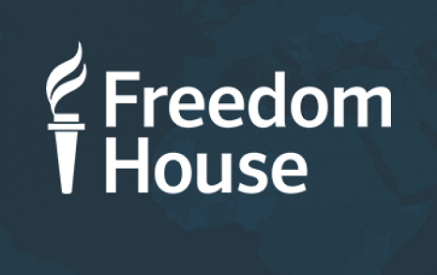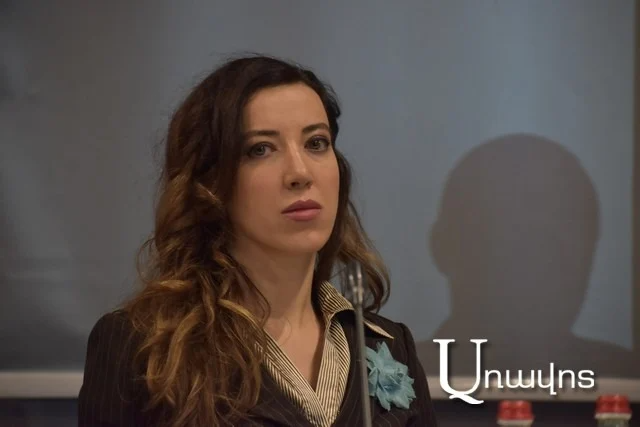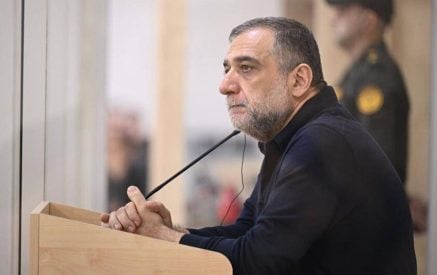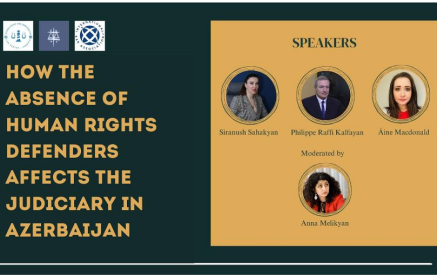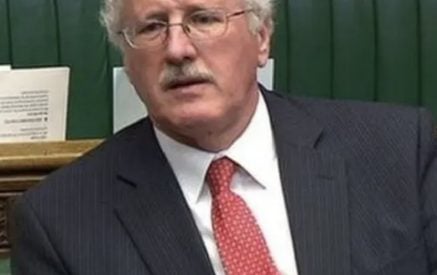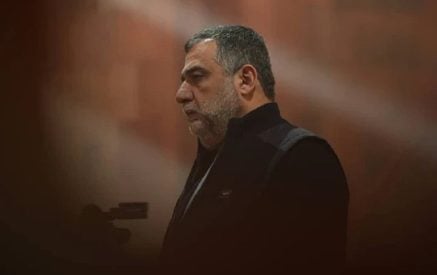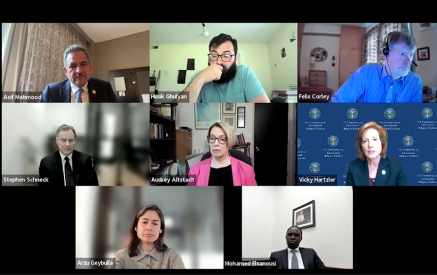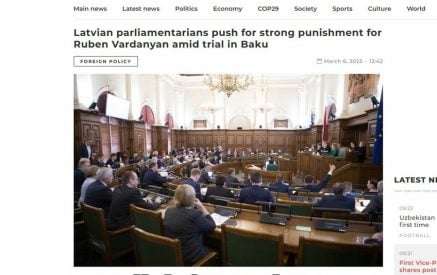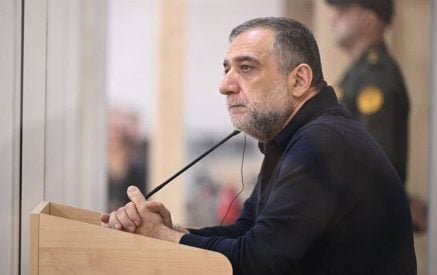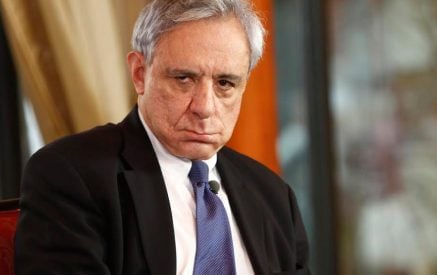According to Siranush Sahakyan, based on strategic considerations, the Azerbaijanis will open the way at such a stage that they prevent harsh or anti-Azerbaijani decisions.
“Of course, the decision of the United Nations has an impact,” answered Siranush Sahakyan, president of the Center for International and Comparative Law, to the question of “Aravot” whether the fact that the gas supply restored in Artsakh has anything to do with the decision of the European Court of Human Rights (ECHR).
To remind, the office of the RA representative on international legal issues applied to the ECHR two days ago, demanding interim measures against Azerbaijan and obliging the latter to unblock the Berdzor (Lachin) corridor.
The ECHR has decided to give Azerbaijan time until December 19, at 4:00 p.m. (French time), to send an answer to the request submitted by Armenia, after which the Court will make a final decision.
Read also
Siranush Sahakyan said about the ECHR decision. “To what extent we can evaluate that decision, or have a disagreement, is another matter. However, the fact that the ECtHR accepted it but delayed it and requested information from Azerbaijan already suggests that the Court considered RA’s claim, argument, and evidence valid and within its framework can make a binding decision on applying an immediate measure. “.
She drew parallels with the process of the UN International Court and said. “Do you remember that there was a demand to remove some samples of the museum of military booty park in Baku within the framework of the ongoing trial? They were removed, and the team of international lawyers tried to organize the representation of Azerbaijani interests in the UN court based on that fact. Physically, understanding the danger of applying such a measure and the involvement of judicial bodies in the process, they will try to restore the gas supply and open a way to prevent this decision. Naturally, I cannot say 100 percent, but I have a prediction that they will also open the road before the deadline provided by the ECHR, December 19.
Siranush Sahakyan is concerned that this practice may be repeated. “We are not safe from it. On the other hand, this practice has a negative morale-psychological effect on the population. I think they want to depopulate Artsakh first and then Armenia, with the tendency of terror. I am sure that after the incident, some families and children living there may change their place of residence, especially if they have problems with education and health care.”
According to our observation, don’t you think that Azerbaijan is not doing the restoration of the gas supply for the people of Artsakh but that the ECHR will not make a final decision? Is there no risk that they will repeat their actions if the ECHR does not make that decision? Siranush Sahakyan responded like this. “Regardless of the involvement of the ECHR, at this moment, the Azerbaijani side is showing the Armenians and the international community what kind of leverage it can use to oppress, terrorize and create dangers for the Armenians of Artsakh, which can be implemented at any moment, having severe consequences.
Denying this gas supply and blocking the road is just a demonstration of those tools with which pressure applies to the political actors who make decisions. In terms of the ECHR, based on strategic considerations, they will open the way at such a stage as to prevent harsh or anti-Azerbaijani choices.”
According to Siranush Sahakyan, RA should continue to work with the court, showing the danger of repetition of the operation. That is, the Armenian side needs consistency in the legal processes and continues to present the incident to the international structures, as well as the dangers of its repetition, the catastrophic consequences, and the humanitarian disaster that threatens the event of extermination and demands the implementation of immediate measures.
Siranush Sahakyan answered the question: do you consider what is done in work with the international community sufficient, or is there a need for a different strategy?
“There is a need for such a strategy, and the process is not coordinated, under the conditions of which there are risks of repetition of actions, mutual antagonism, and combining forces is not excluded. That’s why there are issues with mapping all the actors and coordinating their activities first and the targeted distribution of resources. Centers from the state and private sectors can take this initiative and coordinate. Of course, the state should implement it.”
We wondered what other norms of international law exist, according to which lawsuits can be filed on a longer term; Siranush Sahakyan answered: “I think the mechanisms are functioning correctly, but there are platforms that are legal and political. Judicial decisions do not make, but decisions ensuring peace and security can make, for example, the UN Security Council. This problem should also be a subject of discussion there, and the risks of extermination should be confirmed. Under such conditions, the so-called Responsibility to protect (RP) can be implemented with or without UN sanction. In this case, even individual states can have a military intervention. It can be implemented both based on the state’s request; If Artsakh or RA asks for a third country to be involved for protection. It can be on their initiative if there is a UN regulation”.
Tatev Harutyunyan



